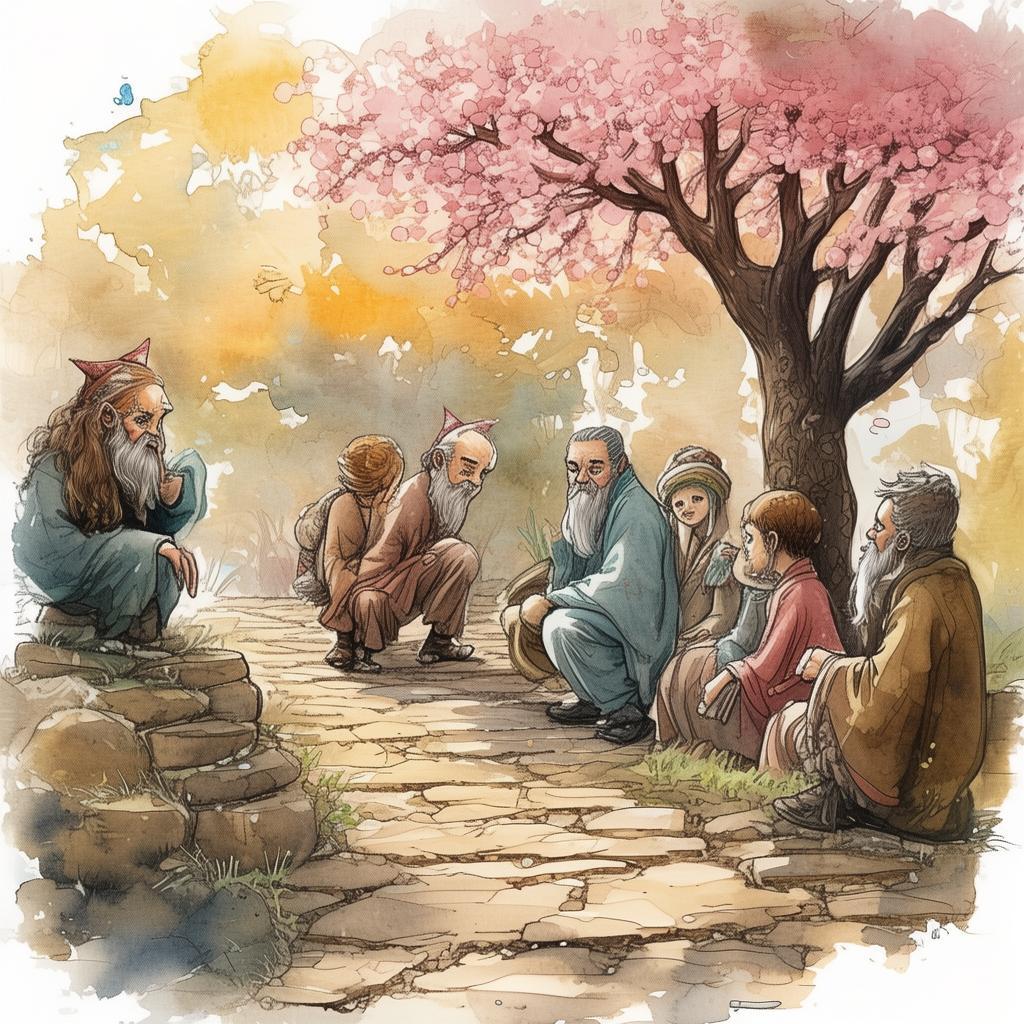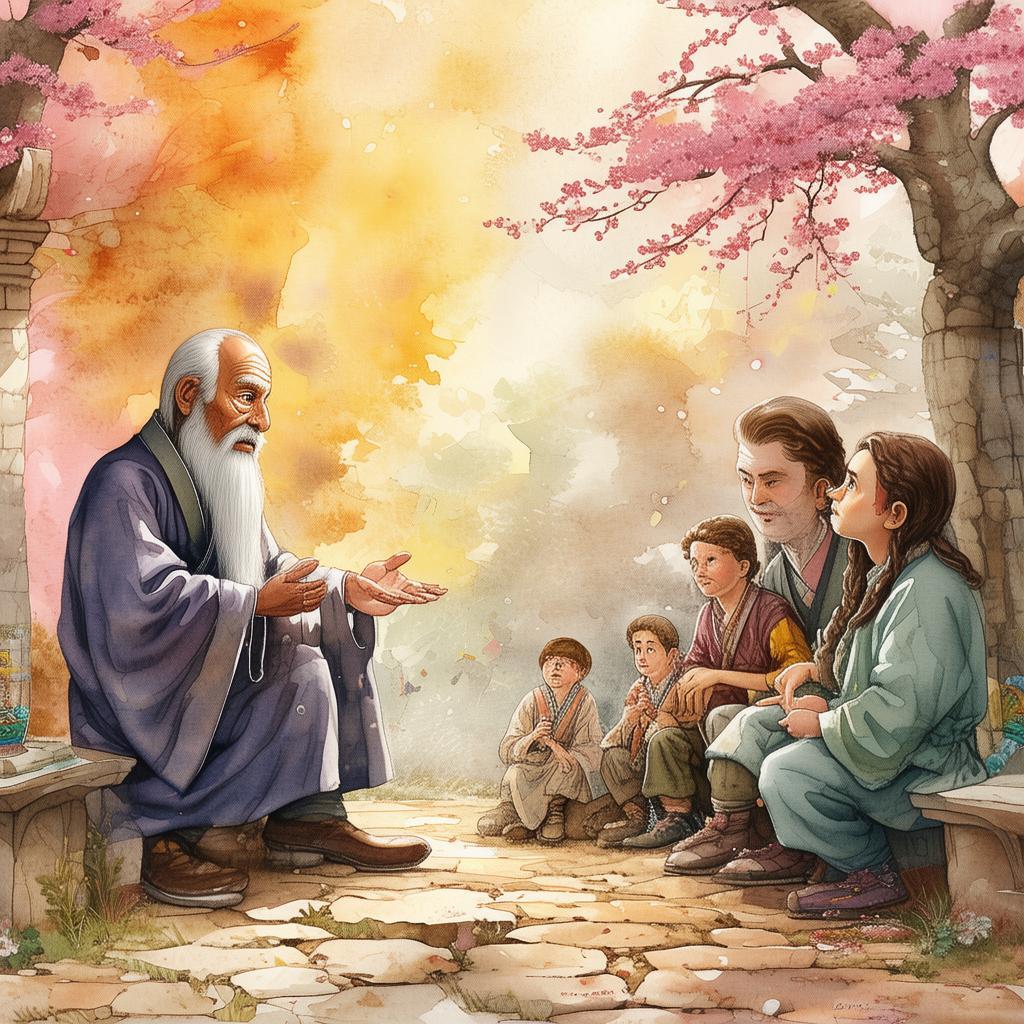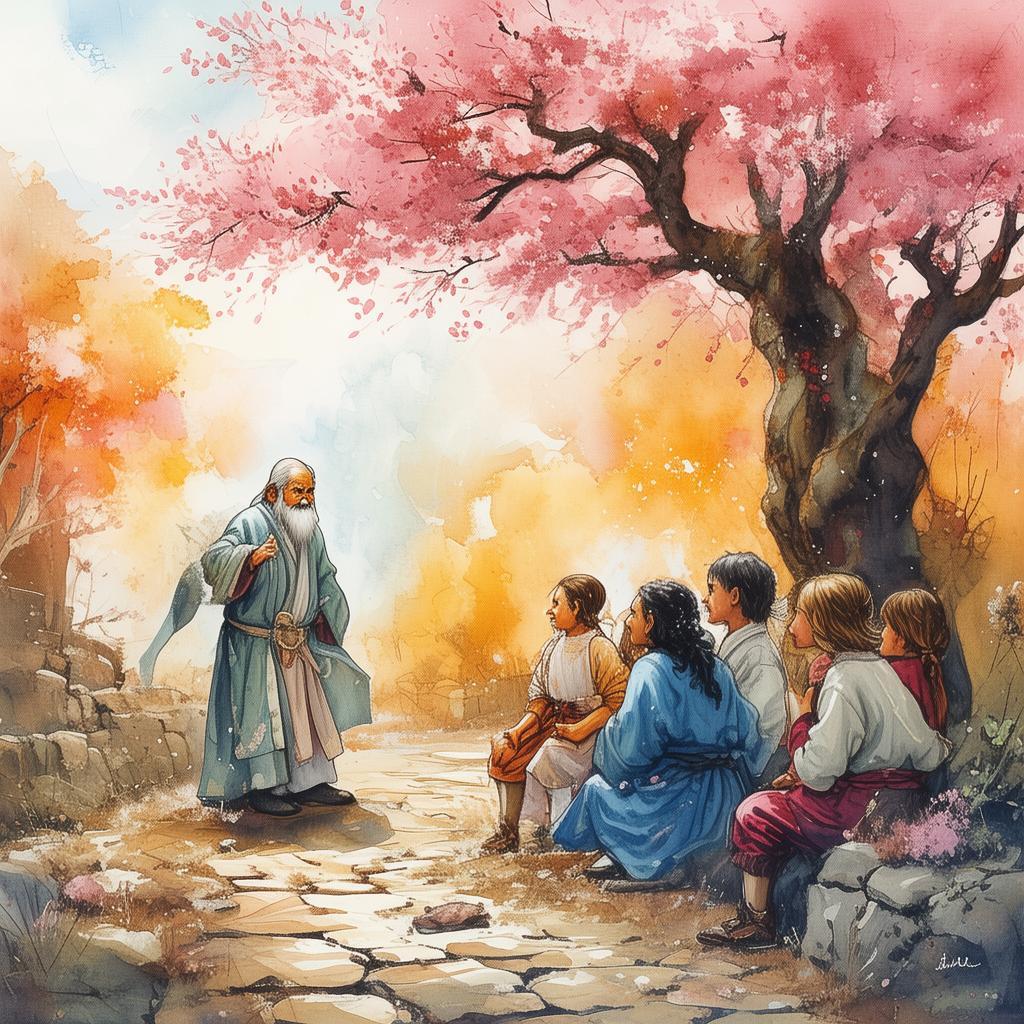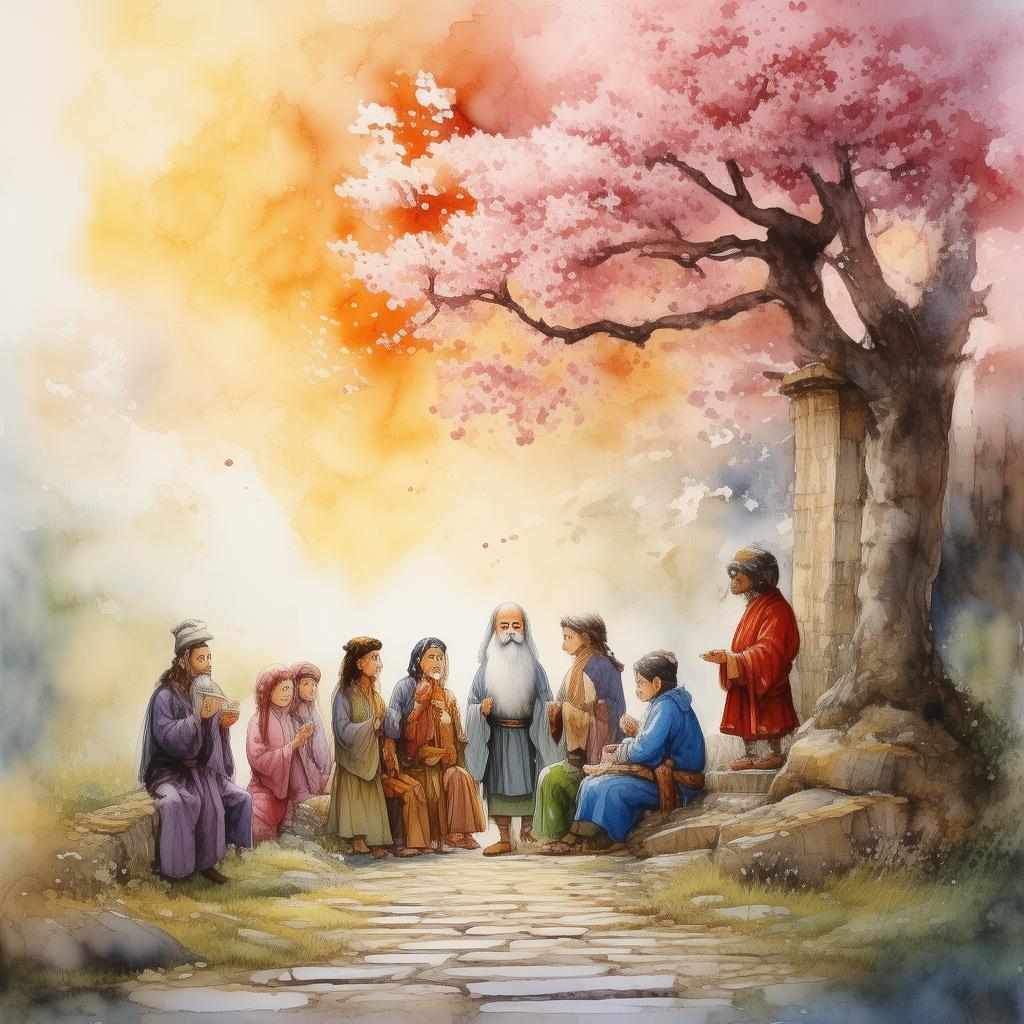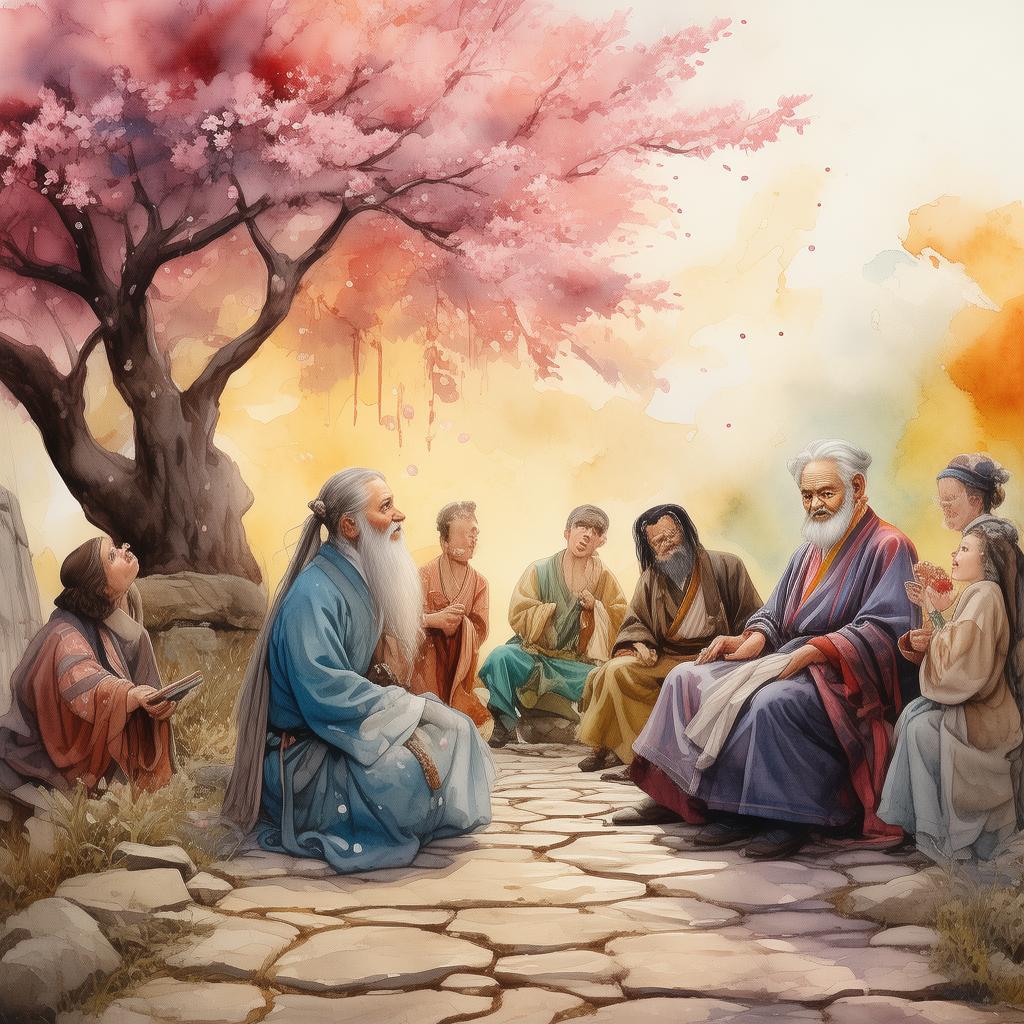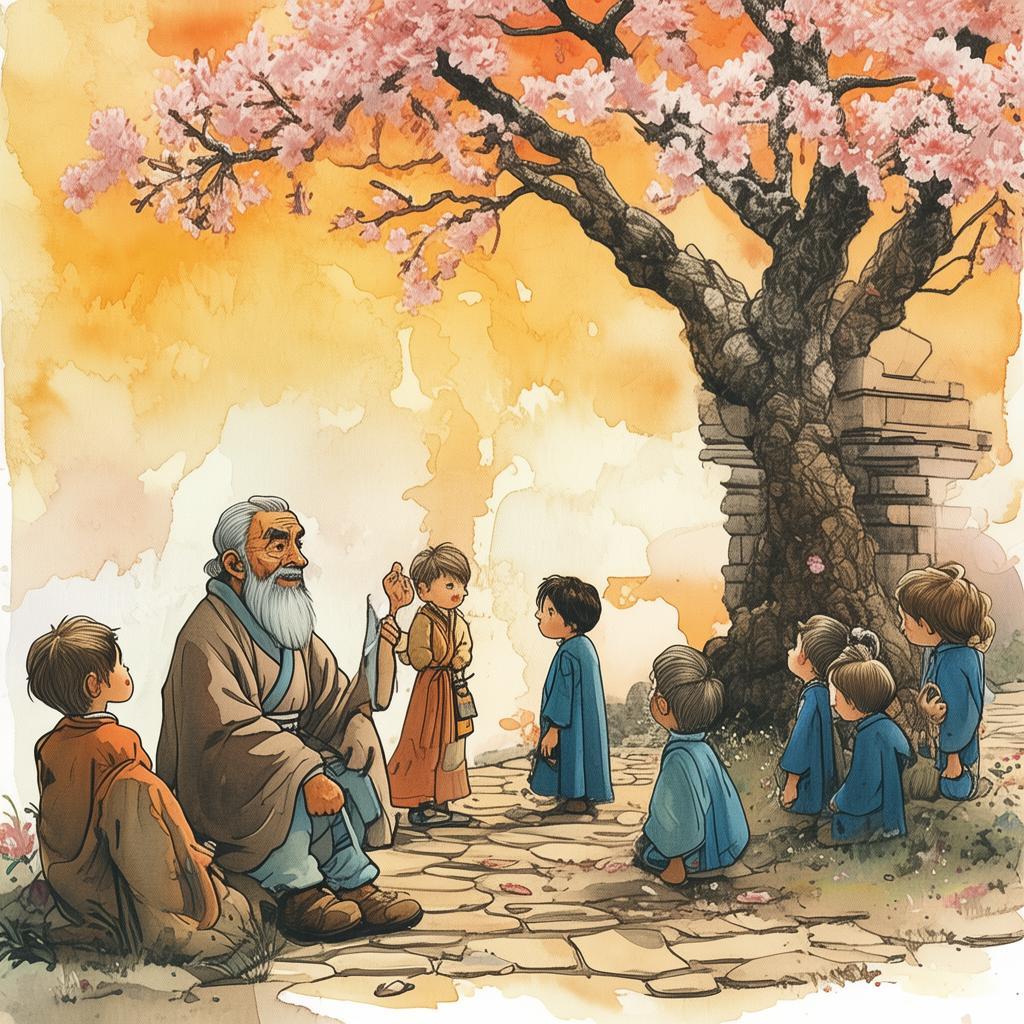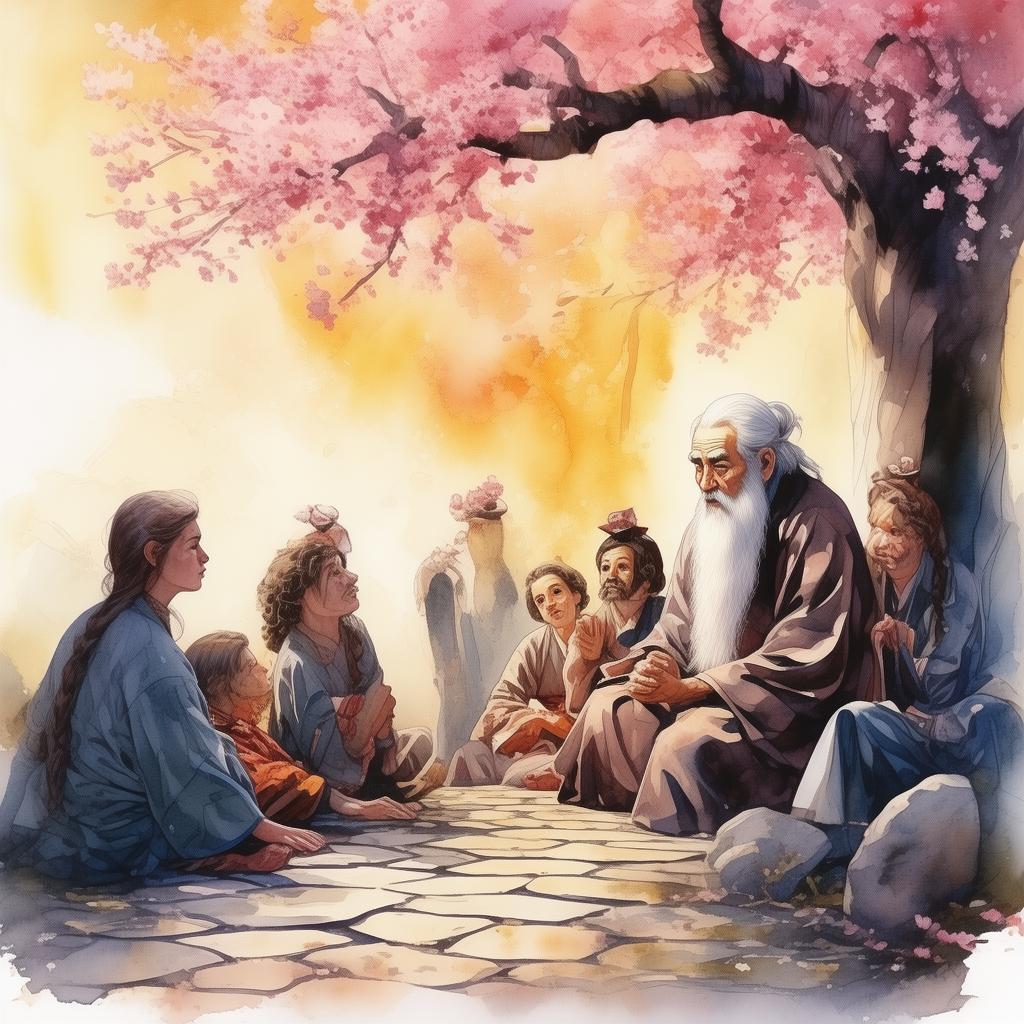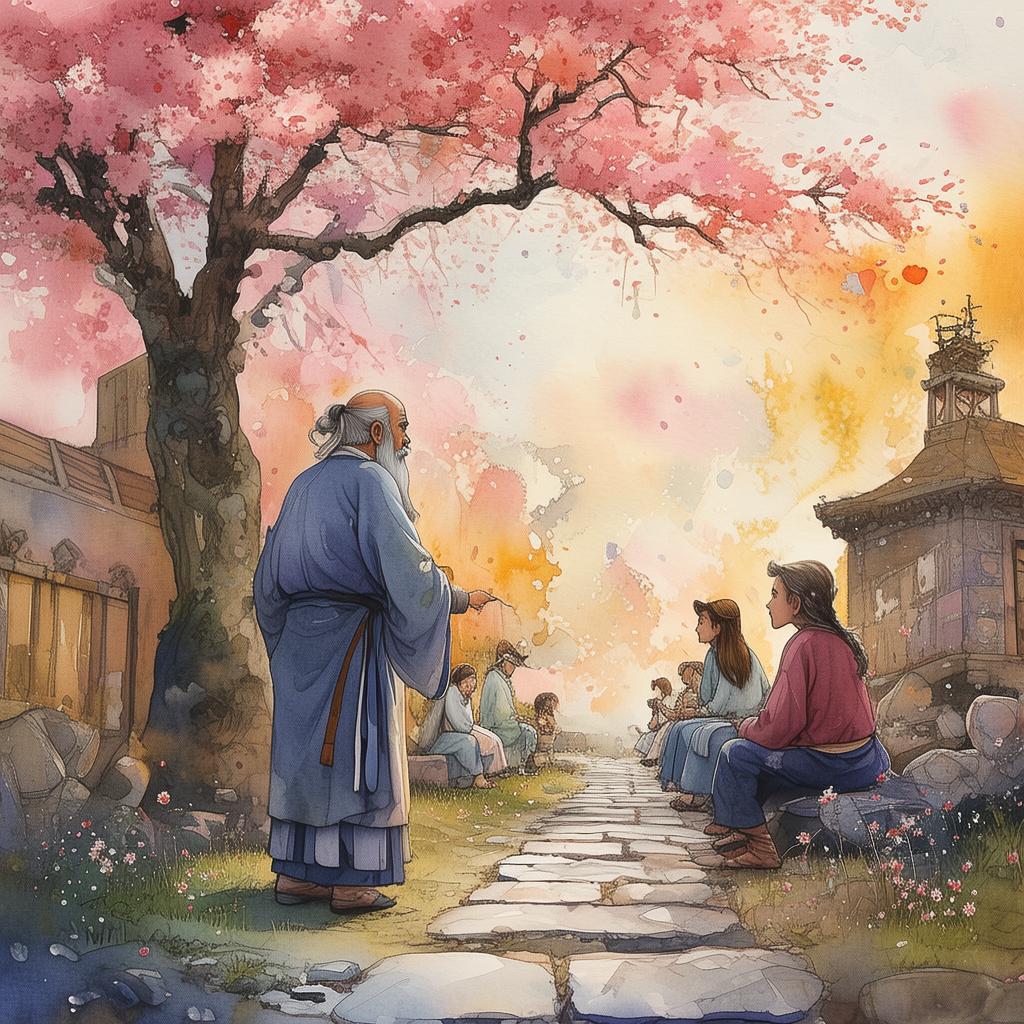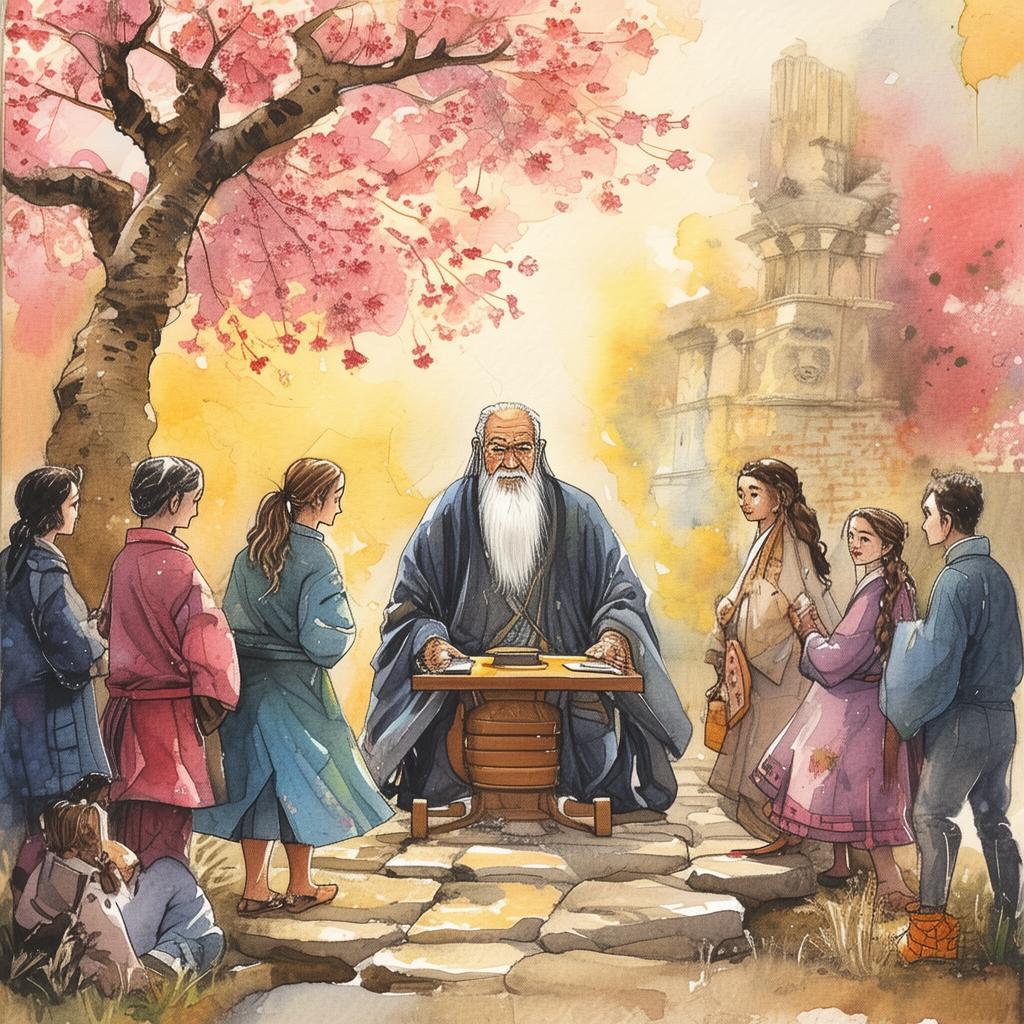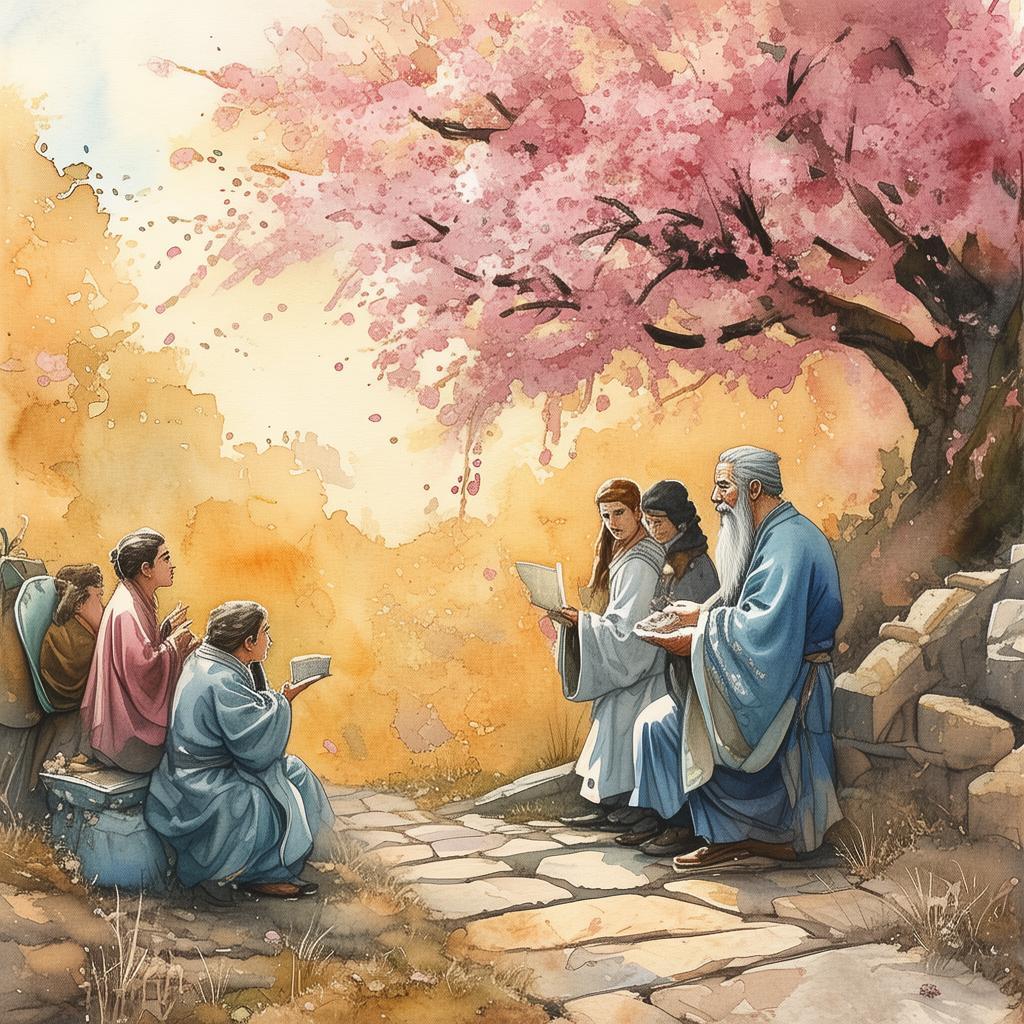Iron Will and the Quill of Fate
In the ancient land of Liang, where the ink of scholars was as precious as the iron of warriors, there lived a man named Cheng Yuan. His name was synonymous with the "Iron Will," a testament to his unyielding determination to face the trials of his time. Cheng Yuan was a scholar, a poet, and a scribe, whose quill was as sharp as his mind. He was also the keeper of a secret that could change the course of history.
The Scholar's Ode, a collection of tales that chronicled the rise and fall of empires, was his life's work. Each story was a testament to the human spirit, a reflection of the iron and quill that shaped the world. Cheng Yuan's latest tale, "The Quill of Fate," was to be his magnum opus, a narrative that would encapsulate the essence of his life's journey.
As Cheng Yuan sat at his desk, the inkwell before him brimming with the blackest of soot, he began to weave the tale of a young scribe who, against all odds, sought to pen the truth. The story was a mirror to his own life, filled with conflict and emotion, a narrative that would challenge the very fabric of power.
The young scribe, named Li, was a protege of Cheng Yuan's. Li had been chosen to write the tale of the "Iron and Quill," a story of a warrior who, through the power of his pen, brought down an empire. But as Li delved deeper into his research, he discovered that the tale was not as simple as it seemed. The "Iron and Quill" was a metaphor for the struggle between truth and tyranny, a battle that had raged for centuries.
Li's discovery put him in grave danger. The ruler of Liang, a man who valued power over truth, had no intention of allowing the truth to be told. He sent his henchmen to silence Li, to destroy the evidence of his findings. But Li, driven by the same Iron Will that had defined Cheng Yuan, refused to be cowed.
As the henchmen closed in on Li, Cheng Yuan, who had been observing the situation from afar, decided to intervene. With the speed of a seasoned warrior, he confronted the henchmen, using his knowledge of the land and his own martial prowess to outmaneuver them. In a fierce battle, Cheng Yuan managed to protect Li, but not without injury.
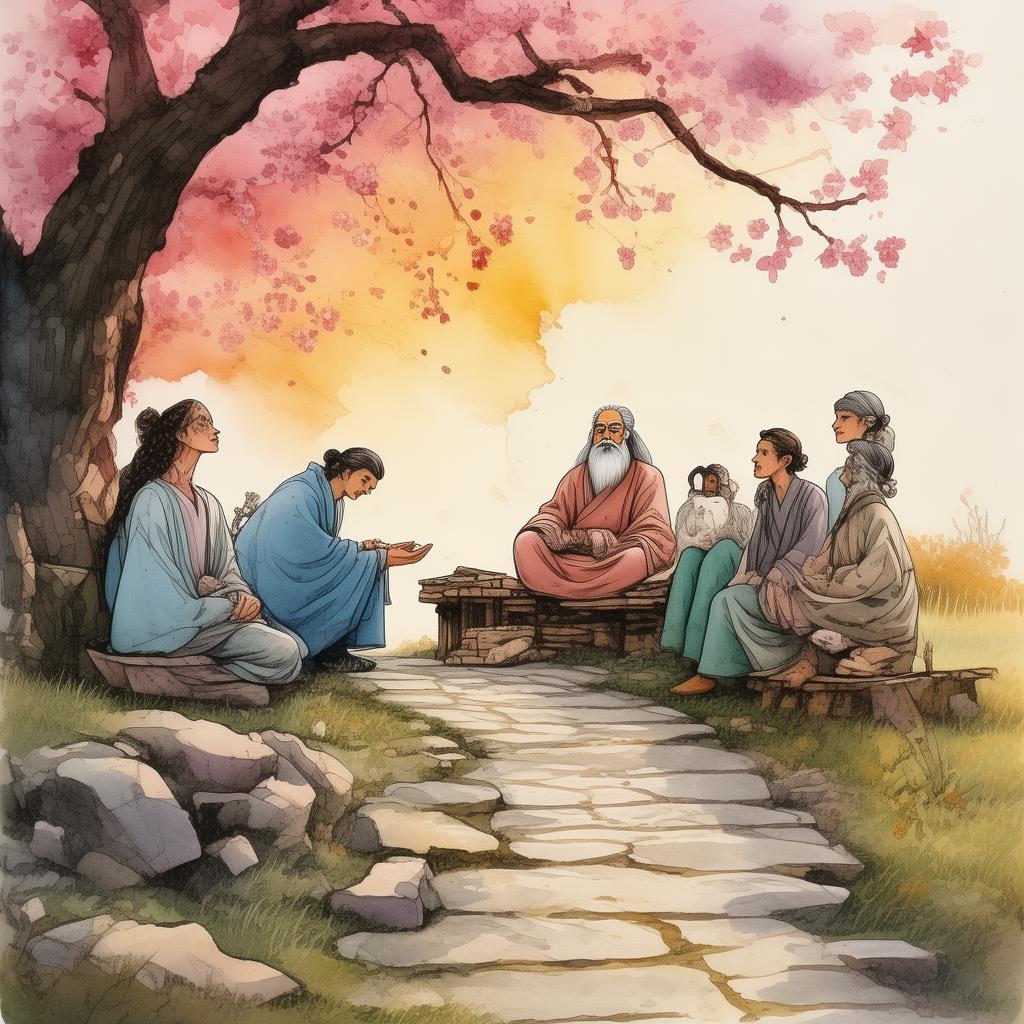
The two scholars then fled to the mountains, where they continued to work on the tale. They knew that the ruler of Liang would not rest until they were found and silenced. But Cheng Yuan and Li were determined to finish their work, to ensure that the truth would not be buried.
As they worked, the tale of the "Iron and Quill" took on a life of its own. It became a story of not just one warrior, but of all those who had fought for the truth throughout history. It was a story that resonated with the very essence of Cheng Yuan's own life.
Finally, the tale was complete. Cheng Yuan and Li had written a narrative that would stand the test of time, a testament to the indomitable spirit of those who fight for the truth. But as they prepared to leave the mountains and return to the city, they knew that the ruler of Liang would not take kindly to their defiance.
The ruler's men found them and confronted them on the outskirts of the city. In a climactic battle, Cheng Yuan and Li fought valiantly, using their wits and the power of their words to turn the tide. But in the end, it was Cheng Yuan's Iron Will that won the day. He managed to outsmart the ruler's men, using his knowledge of the city's layout to lead them into a trap.
With the ruler's men defeated, Cheng Yuan and Li returned to the city, their tale now complete. The ruler, humbled by the scholars' resolve, allowed the tale to be published. The "Iron and Quill" became a symbol of resistance, a reminder that truth and justice would always triumph over tyranny.
Cheng Yuan's life had been one of conflict and emotion, but in the end, it was his unwavering resolve that allowed him to pen the truth. The "Iron Will" had not only defined him but had also become a beacon of hope for all those who fought for the truth.
As Cheng Yuan looked at the completed manuscript, he knew that his life's work was done. The "Quill of Fate" had been written, and with it, the story of the "Iron and Quill" would live on, a testament to the power of the human spirit and the enduring struggle between truth and tyranny.
✨ Original Statement ✨
All articles published on this website (including but not limited to text, images, videos, and other content) are original or authorized for reposting and are protected by relevant laws. Without the explicit written permission of this website, no individual or organization may copy, modify, repost, or use the content for commercial purposes.
If you need to quote or cooperate, please contact this site for authorization. We reserve the right to pursue legal responsibility for any unauthorized use.
Hereby declared.
